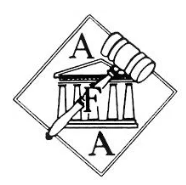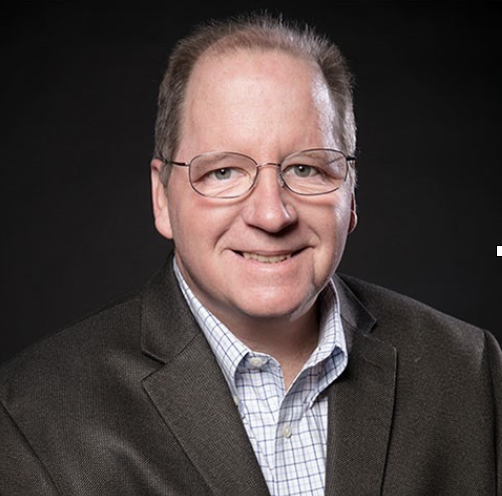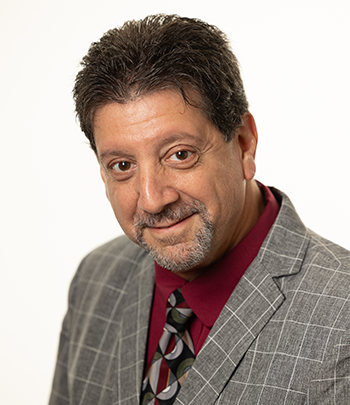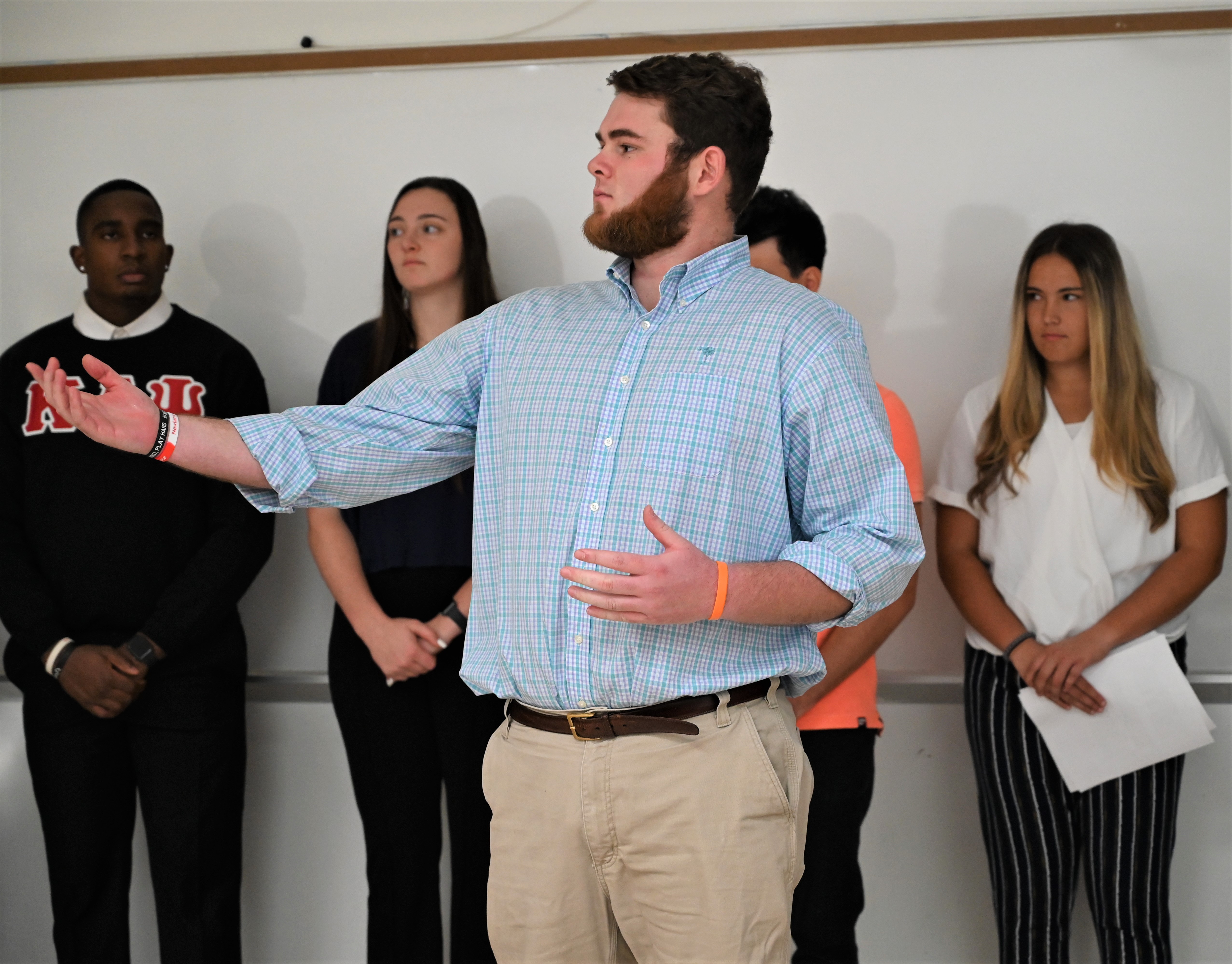
The Power of Persuasion
Newberry College's Speech & Debate Team allows students to hone their speaking and performing skills and compete against their peers across the country. Harnessing the power of the spoken word, the team combines persuasion, interpretation and leadership in a variety of formats. No prior experience is required, and students in any program of study are eligible to join.
Team members can receive generous, renewable scholarships ranging from $14K to $17K each year (not stackable with academic scholarship). Speech & debate team members play sports, serve in student government, perform music and theatre, and are involved in just about everything, so the team is a perfect addition to any schedule.
For more information, contact Dr. David Harpool, director of competitive speech & debate.
Newberry Students Place at Tennessee Valley
A delegation of first-year Speech & Debate Team members placed highly in the sixth annual Tennessee Valley Invitational, held Feb. 8-10, 2024, in Knoxville. Wolves brought home accolades in communication analysis, slap poetry, persuasive speaking, public narrative and more. The competition included the University of Alabama, the University of Tennessee, Erskine College and 14 other colleges and universities.
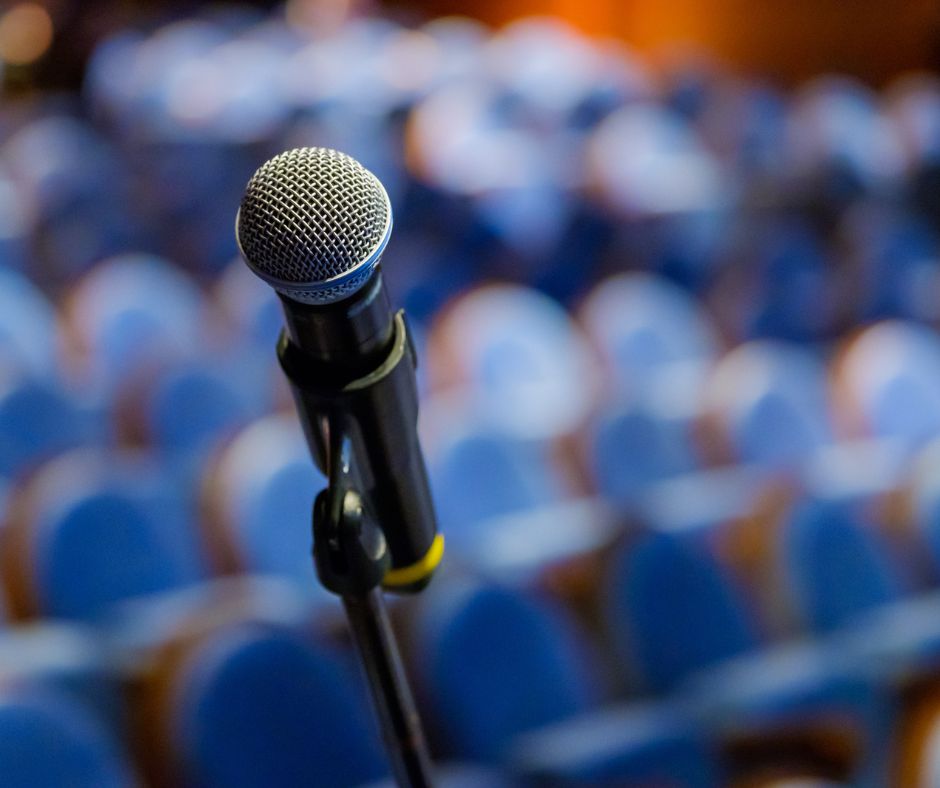
Team Memberships
.jpg) Pi Kappa Delta
Pi Kappa Delta
PKD is a national forensics honorary, dedicated to promoting excellence in speech and debate. For more than 100 years, its 80,000 members have pursued “The Art of Persuasion, Beautiful and Just.” In addition to its civic engagement and advocacy activities, Pi Kappa Delta hosts a comprehensive national tournament each year, sponsors a professional development conference, and publishes a scholarly journal, The Forensic, and a quarterly newsletter, The Key.
National Forensic League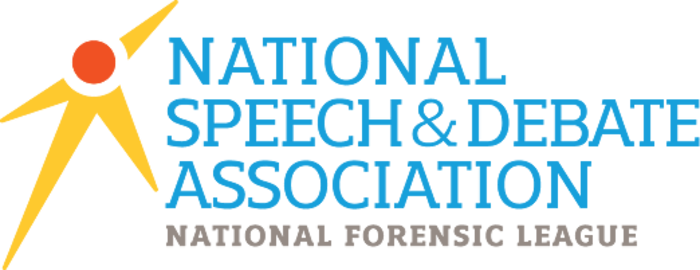
The association promotes pedagogy, scholarship, and competition in intercollegiate forensics, and sponsors an annual championship tournament in individual events and Lincoln-Douglas debate.
American Forensic Association
A nonprofit organization that promotes excellence in argumentation, oral expression and public advocacy.
National Parliamentary Debate League
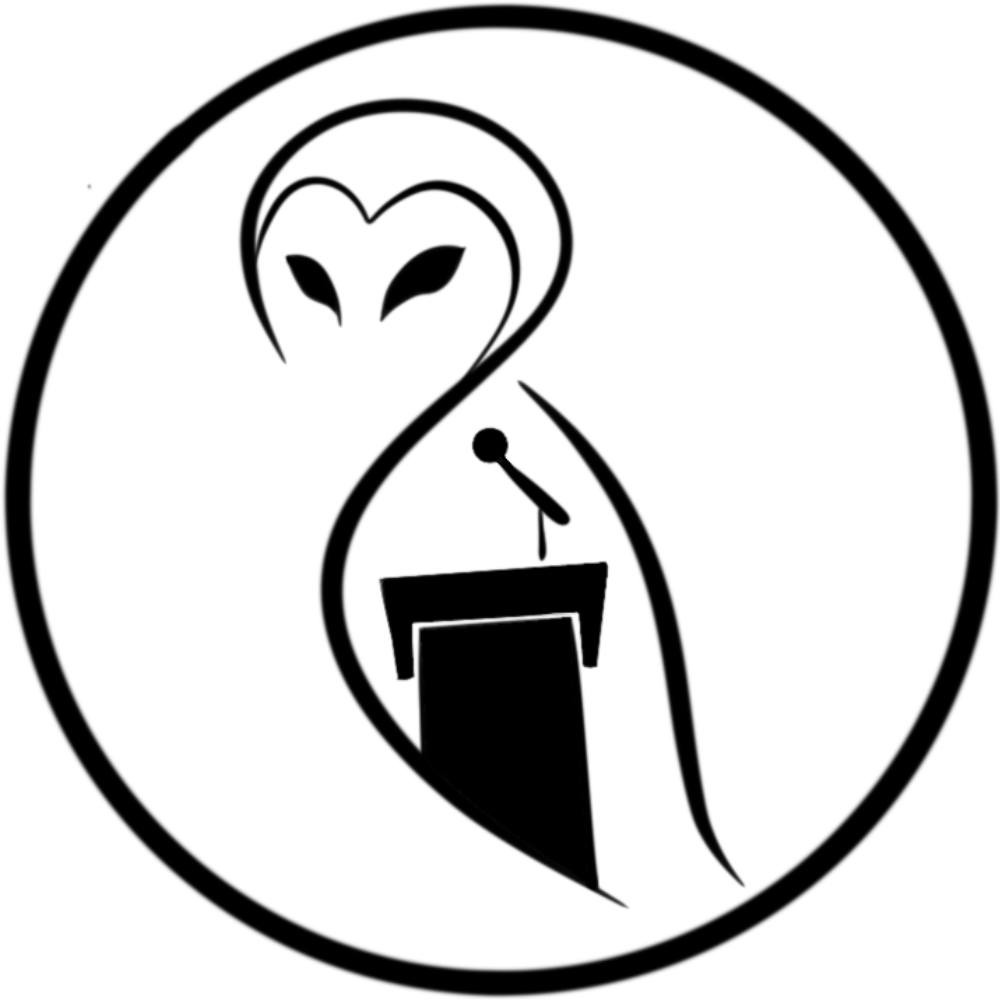 The association is one of two national intercollegiate parliamentary debate organizations in the United States. In 2015, the NPDA was the largest debating organization in the nation, with between 200-250 participating schools in any given year.
The association is one of two national intercollegiate parliamentary debate organizations in the United States. In 2015, the NPDA was the largest debating organization in the nation, with between 200-250 participating schools in any given year.
Speaking Events
Informative Speaking: An original, factual speech by the student on a realist subject to inform the audience. Audio-visual aids may or may not be used to supplement and reinforce the message. Multiple sources should be used and cited in the development of the speech. Minimal notes are permitted. Maximum time is 10 minutes.
Impromptu Speaking: An impromptu speech, serious in nature, with topic selections varied by round and by section. Topics are derived from quotations. Speakers will have a total of seven minutes for both preparation and speaking. Timing commences with the acceptance of the topics sheet. Limited notes are permitted.
Persuasive Speaking: An original speech by the student designed to inspire, reinforce, or change the beliefs, attitudes, values, or actions of the audience. Audio-visual aids may or may not be used to supplement and reinforce the message. Multiple sources should be used and cited in the development of the speech. Minimal notes are permitted. Maximum time is 10 minutes.
Extemporaneous Speaking: Contestants are given their choice of three topics in current events and have 30 minutes to prepare an original speech. The time limit for the speech is seven minutes. Limited notes are permitted. Students speak in listed order. Postings of topics are staggered.
After Dinner Speaking: An original, humorous speech by the student, designed to exhibit sound speech composition, thematic, coherence, direct communicative public speaking skills, and good taste. The speech should not resemble a night club act, an impersonation, or comic dialogue. Audio-visual aids may or may not be used to supplement and reinforce the message. Minimal notes are permitted. Maximum time is 10 minutes.
Communication Analysis: An original speech by the student designed to offer an explanation and/or evaluation of a communication event, such as a speech, speaker, movement, poem, poster, film, campaign, etc., through the use of rhetorical principles. Audio-visual aids may or may not be used to supplement and reinforce the message. Manuscripts are permitted. The time limit is 10 minutes.
Radio/Television Speaking: A mock radio or television presentation of scripted news, weather, sports, and commentary. Typically, news feed is provided five to 10 minutes in advance.
Oral Interpretation Events
Prose Interpretation: A selection or selections of prose material of literary merit, which may be drawn from more than one source. A primary focus of this event should be on the development of the narrative or story. Play cuttings and poetry are prohibited. Use of manuscript is required. Maximum time is 10 minutes, including introductions.
Program Oral Interpretation: A program of thematically linked selections of literary merit, chosen from two or three recognized genres of competitive interpretation (prose/poetry/drama). A primary focus of this event should be on the development of the theme through the use of narrative/story, language, and/or characterization. A substantial portion of the total time must be devoted to each of the genres used in the program. The material must appear in separate pieces of literature (e.g. a poem included in a short story, that appears only in that short story, is not included in the poetry genre). Only one selection may be original. Use of manuscript is required. Maximum time is 10 minutes, including introduction.
Dramatic Duo: A cutting from one or more texts of literary merit, humorous or serious, involving the portrayal of two or more characters presented by two individuals. The material may be drawn from any genre of literature. This is not an acting event. No costumes, props, lighting, etc., are to be used. The presentation is from the manuscript and the focus should be off-stage and not on each other. Maximum time is 10 minutes, including introduction.
Drama Interpretation: A cutting that represents one or more characters from a play or plays of literary merit. The primary focus of this event is on the development of characterization. This material may be drawn from the stage, screen, or radio. Use of manuscript is required. Maximum time is 10 minutes, including introduction.
Humorous Interpretation: A cutting that represents one or more characters from a comedy play or plays of literary merit. The primary focus of this event is on the development of characterization. This material may be drawn from the stage, screen, or radio. Use of manuscript is required. Maximum time is 10 minutes, including introduction.
Poetry Interpretation: A selection or selections of poetry of literary merit, which may be drawn from more than one source. A primary focus of this event should be on the development of language. Play cuttings and prose works are prohibited. Use of manuscript is required. Maximum time is 10 minutes, including introduction.
Debate Events
British Parliamentary: Four teams of two people debate for a number of rounds, generally on an international topic. There are fifteen minutes of preparation before the debate.
IPDA: One-on-one debate format with affirmative and negative sides. In each round, the debaters select a single topic from five by eliminating the other four topics, alternating for each strike.
Lincoln-Douglas Debate: One-on-one debate, usually over a policy question, typically arguing a comparative advantage case.
What are the financial costs associated with the speech & debate team?
None. When traveling to competitions, all transportation, lodging and meals are covered.
Do I have to take any specific courses to participate in speech & debate?
To join the team, members must register for SPE 210: Introduction to Competitive Speech and Debate in their first semester. In addition to that, you can earn credit and grow your skills in SPE 110: Public Speaking Foundations; in SPE 204: Oral Interpretation; and in up to seven semesters of SPE 310: Advanced Competitive Speech and Debate.
Where does the team travel?
All over. The team visits New York, Virginia, Florida, North Carolina, Georgia, Louisiana, Missouri, and usually somewhere in the West, such as Colorado, California or Nevada.
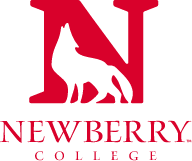

 Close
Close
